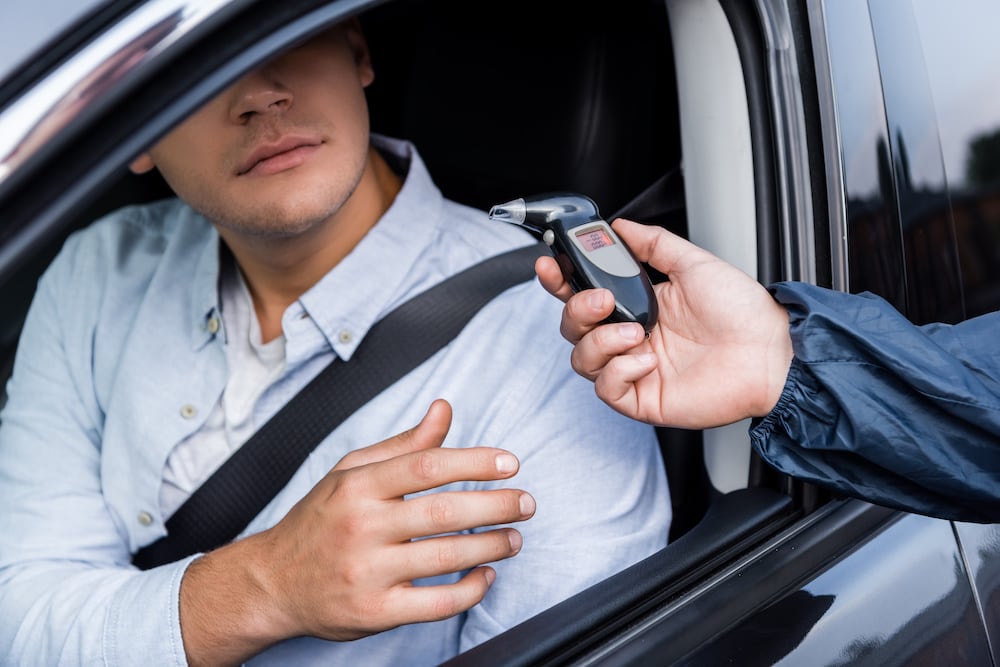© 2026 Fendley and Birch.
All rights reserved. Attorney advertising.


You may find yourself in a predicament where a law enforcement officer pulls you over on suspicion of driving under the influence (DUI) of drugs or alcohol. Soon after, an officer may have you submit to a breathalyzer test among other field sobriety tests. Overall, you must remain calm during this police stop, especially if you know you are innocent. Read on to discover whether you can effectively dispute breathalyzer test results and how one of the seasoned Clarksville DUI lawyers at Fendley and Birch can also come to your defense.
Understandably, you may have never encountered a breathalyzer before you were pulled over on suspicion of a DUI. Essentially, a breathalyzer is a diagnostic device used to measure how much alcohol is in the air you breathe out. Therefore, it estimates your blood-alcohol content (BAC) level at the time of your police stop.
With that being said, a law enforcement officer may accuse you of a DUI if your BAC level was detected to be above the legal limit of 0.08 percent. And if a Tennessee criminal court ultimately finds you guilty of a first-offense DUI, you may face 48 hours to 11 months and 29 days in jail; $350 to $1,500 in fines; a one-year license suspension; and a mandated alcohol and drug treatment program. Evidently, the penalties only worsen with subsequent offenses or a found BAC level of 0.20 percent or higher.
You may find it difficult to deny the number appearing on the breathalyzer. However, there are still methods in which you may effectively dispute its results in the presence of the Tennessee criminal court.
For one, you may argue that external factors tampered with the breathalyzer’s test results. Specifically, this device may produce inaccurate results based on other compounds in your breath, the temperature of your breath, or even your health. What’s more, it may be affected by the volume of air you breathe into the device.
Or, you may argue that errors made by a law enforcement officer tampered with the breathalyzer’s test results. For example, an officer may have failed to notice that the breathalyzer was improperly calibrated before administering it to you. Or, an officer may have failed to receive the proper training on using a breathalyzer before administering it to you. Lastly, an officer may have administered a breathalyzer test to you as part of an illegal search. That is, they may not have had probable cause to opt for this device in the first place.
In conclusion, there is no better time than now to act. So contact one of the competent Montgomery County criminal defense lawyers from Fendley and Birch at your earliest possible convenience.